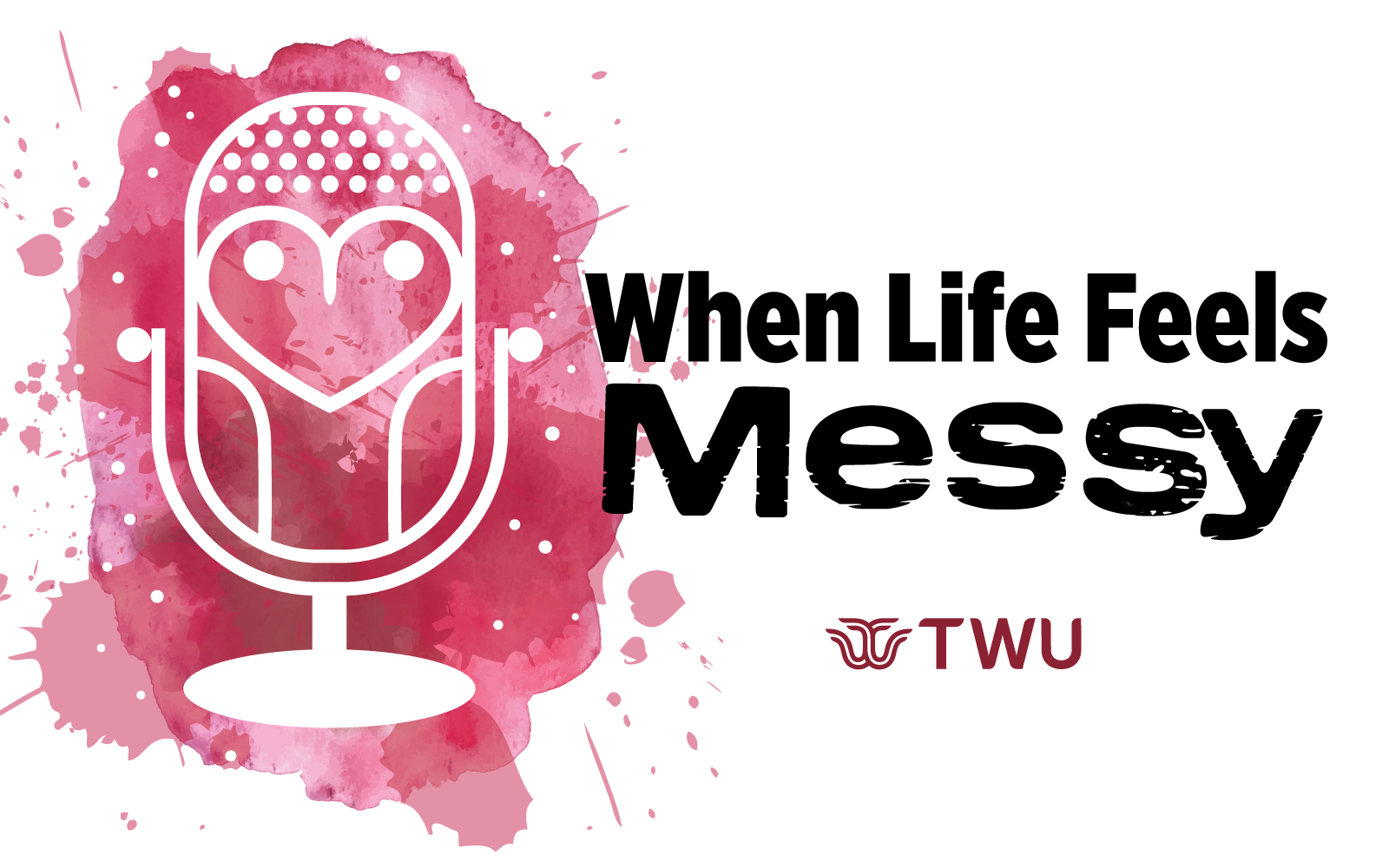Hey Pioneers, and thanks for checking in for another blog post! This November blog is all centered around the gift of presence for yourself, especially with the upcoming holiday season.
"During our average day, most of us speak around 16,000 words, but our thoughts - our internal, tireless chatterbox minds - produce tens of thousands more, 95% of which are reruns. No wonder it's so hard to get to our basic stillness; it's buried under tens of thousands of thoughts." - Caroline Welch
In our every day, there are seemingly a million different things happening at once that can be overwhelming, distracting, upsetting, etc. In these moments, it can be easy to not even notice the lack of presence you are experiencing.
But what does presence actually mean for ourselves? Well, by dictionary definition, it means "being with another or in the immediate vicinity or proximity" which implies that the opposite of presence is in fact absence. According to Caroline Welch, "presence is a state of receptive awareness that enables us to pay attention to what is happening right now...being open to whatever is happening without getting carried away with our own opinions or judgments about it, welcoming both good news and bad news with curiosity and kindness toward ourselves and others."
You might have heard of the term "grounding" when talking about mindfulness and anxiety and this term means that we are bringing ourselves back from an activated state to grounding level and back to our present selves. By doing this and focusing our attention on the present, such as, where we are sitting, the environment around us, our breathing, etc., allows us to get outside of our stressful and anxious thoughts and challenge ourselves to be in the moment.
Through research, there have been 7 key features of presence discovered:
- More presence means less autopilot
- More sensing means less preoccupation with thinking
- More living in the present means less living in the past or future
- More acceptance and receptivity means less aversion and reactivity
- More accepting and letting be means less judging
- Presence enables us to experience thoughts as more fleeting and less fixed
References:
Welch, C. (2021). The gift of presence: A mindfulness guide for women. TarcherPerigee, an imprint of Penguin Random House LLC.
https://www.webmd.com/mental-health/what-is-acceptance-and-commitment-therapy
https://www.psychologytoday.com/us/blog/get-out-your-mind/201103/mindfulness-and-acceptance-in-evidence-based-psychotherapy
Interested in this month's podcast episode? https://spotifyanchor-web.app.link/e/McCzAa0lAub
Interested in this month's video? https://youtu.be/LHBO0yM6NQs


Comments
Post a Comment